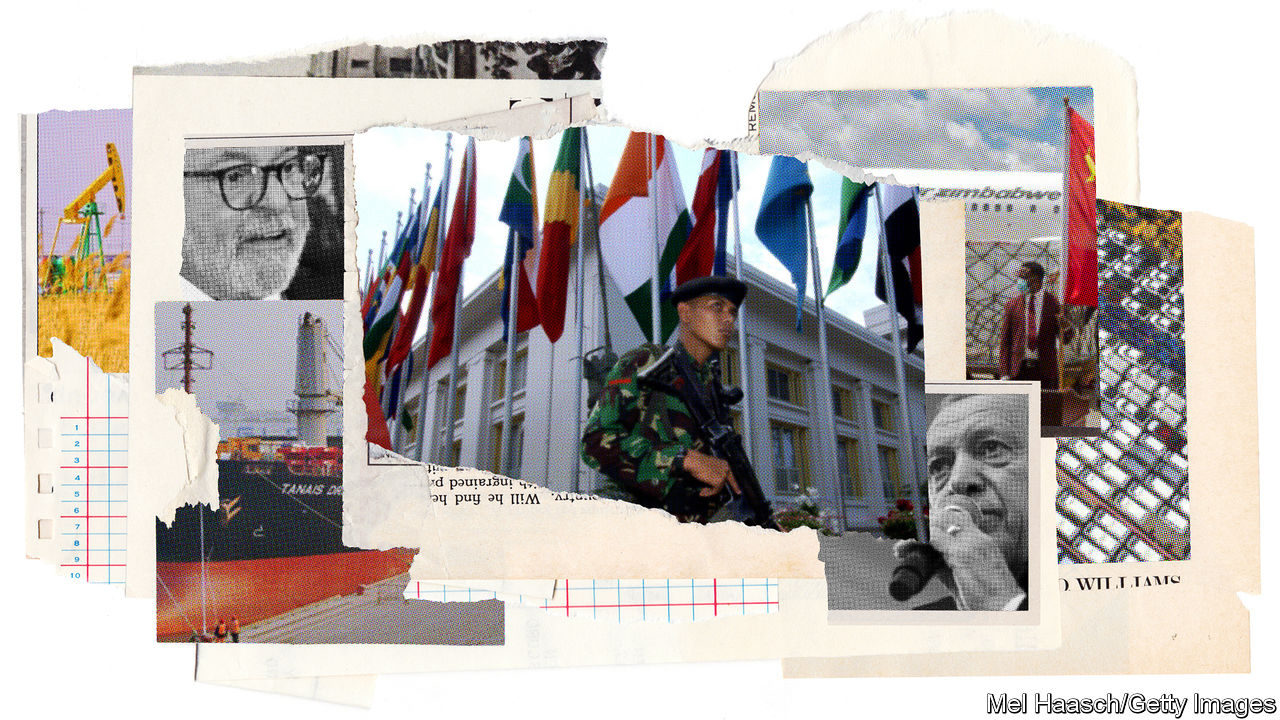A growing number of countries are seeking to remain non-aligned amidst the increasing tensions between the United States, China, and Russia. These countries are taking a transactional approach to geopolitics, seeking deals across divides and avoiding picking sides. A study conducted by eiu analyzed countries based on their economic and military ties to Moscow, their diplomatic stances, and their implementation of sanctions. The study found that while 52 countries condemn and punish Russia’s actions, and just 12 countries support Russia, 127 states are categorized as not clearly aligning with either camp.
The Economist also conducted a study focusing on the 25 largest economies that have remained non-aligned in the Ukraine war or wish to stay neutral in the Sino-American confrontation, or both. This group, called the transactional 25 (t25), includes countries like India and Qatar and represents 45% of the world’s population. Their share of global GDP has risen from 11% in 1992 to 18% in 2023, surpassing that of the EU. These countries have a strategy of neutrality that involves both risks and opportunities, and their success could shape the world order for years to come.
In the past, non-alignment meant different things to different countries at different times. However, today non-aligned countries are defined more by their characteristics and behavior rather than their membership in a specific institution. These middle powers are described as pragmatic and opportunistic, actively evaluating the best means to achieve their goals. Some refer to this approach as “minilateralism,” where countries form smaller coalitions based on specific issues rather than aligning with a specific superpower.
Overall, the non-aligned countries seek to maintain their independence and navigate the complex geopolitical landscape by forming strategic partnerships and engaging in transactional diplomacy. Their growing influence and power could have a significant impact on the world order, and both the United States and China are working to win them over.









